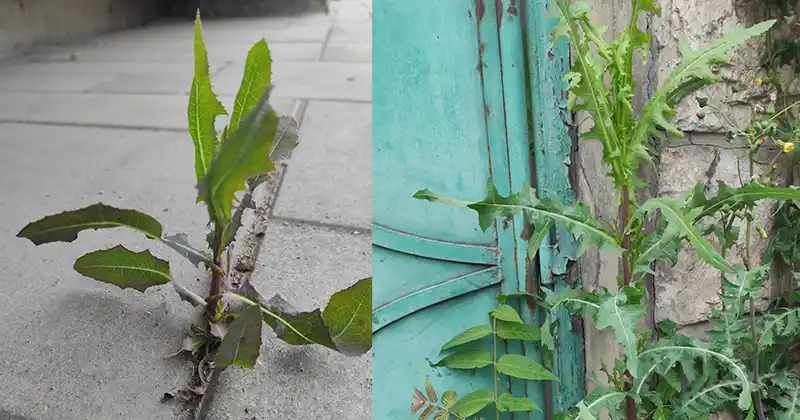10 Lessons from Maria Montessori to educate Children
It was the year 1907 when the Italian Maria Montessori opened the first Casa dei Bambini, in a disadvantaged neighborhood. In that school, a very different educational method was applied, since the objective of Montessori was, in her words: “ that the children work as if I did not exist ”.

His pedagogy has survived to this day and can be applied from home to ensure that children develop their abilities to the fullest, being more autonomous, self-confident and independent.
How to educate with the Montessori method

- Boost your independence
The task of the parents is not to do things for the child, but to help him to do them for himself. Educating is stimulating children’s independence and autonomy, preparing the child for life. Therefore, parents must ensure that they always present new challenges to the child, giving him the right level of help so that he can develop his abilities.
- Create an environment that suits you
The world is made for adults, so if parents want to stimulate children’s autonomy, they need to adapt the environment so that little ones can have access to all the things they need, from their toys to their toothbrush.
- Intervene as little as possible
Of the errors also learn. Rebuking mistakes from a young age can breed the seed of fear of failure. Therefore, it is important that when the child is learning, parents intervene as little as possible. In the Montessori method, the educator only intervenes to avoid risky situations and keep the child safe.
- Do not force the child to learn
Authentic learning, that which leaves its mark, cannot be forced. Therefore, educating in the Montessori method means leaving children free to engage in learning in the way they feel most comfortable. One child may learn best by doing, while another learns best by watching. Each child must find the optimal learning style for himself. And for this it is necessary to give him freedom.
- Stimulates contact with nature
Nature represents an incredible stimulus for the senses and the child’s mind, so whenever possible it is convenient to take walks outdoors in which the child is allowed to freely explore the environment.
- Enrich your environment
Children learn from their surroundings, letting themselves be carried away by their innate curiosity. Therefore, Montessori education demands enriching the environment in which the child grows up, not with hyper-technological toys, but with simpler objects that really stimulate children’s creativity. Parents should remember that the fewer things a toy does, the more the child’s mind will work.
- Never stop him from doing something because he is too small
Many parents put limits on their children because they think they are too young. However, as long as the child is not at risk, he should be allowed to explore her abilities. Children feel satisfied when they have given their best. Placing limits on them will only deny them the opportunity to test their abilities and expand their horizon.
- Praise achievements
If the child does something well, it is important that the parents let him know and praise him. The recognition of a job well done feeds self-esteem and self-confidence.
- Use positive language
It is essential that parents do not criticize the child, since in this way he will only learn to judge. Instead, they should focus on the positive aspects, so that these are the ones that are enhanced. If the principle of extinction is applied; that is, if you don’t pay attention to a negative behavior, it will end up disappearing. If you speak badly, show hostility or put him down, the child will become insecure and shy.
- Listen and respect the child
Children learn by imitation, and their parents are their main example. If they listen carefully and respect their ideas, even if they don’t share them, the child will learn to respect others.



















